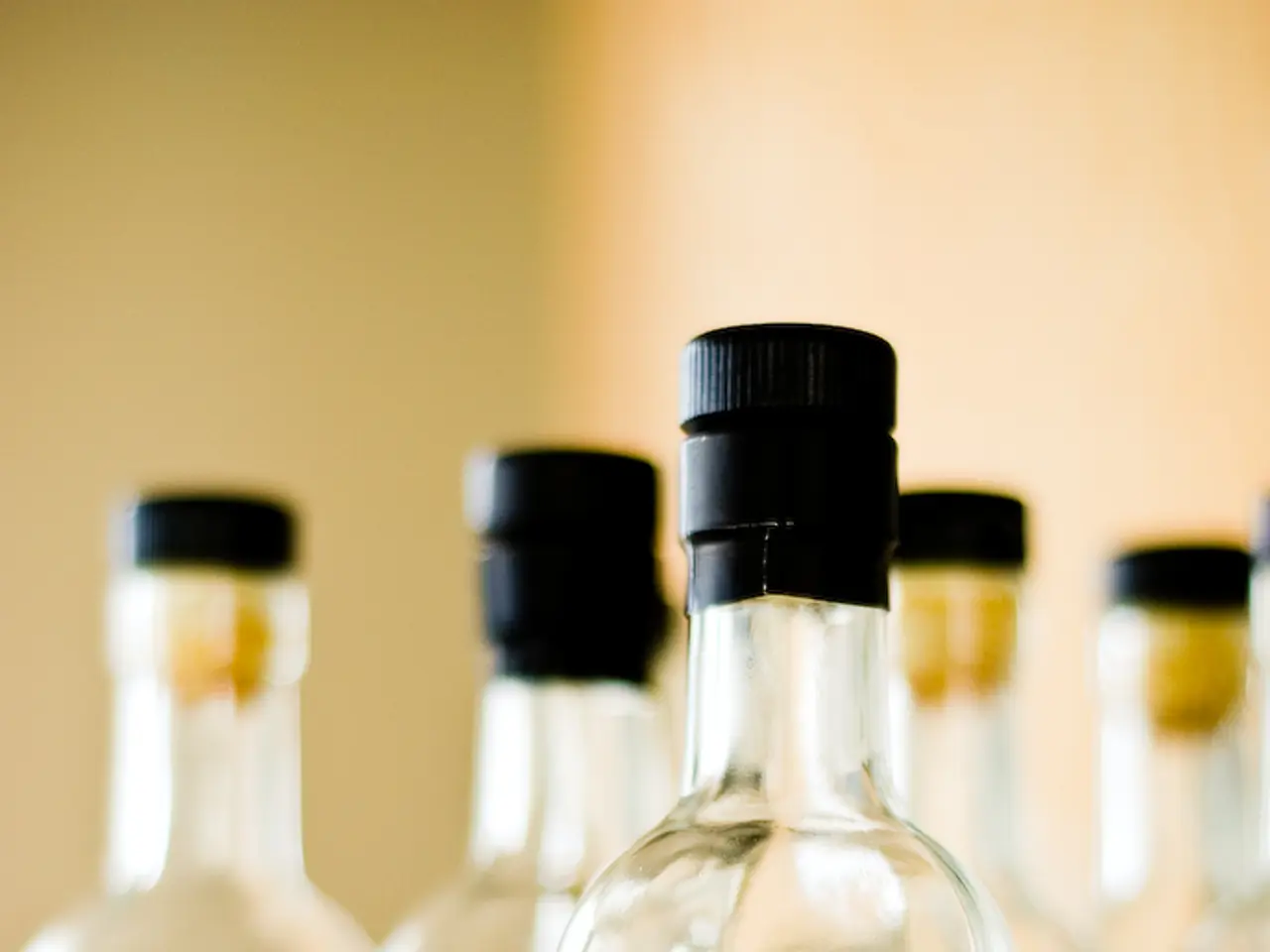College Mental Health: Exploring Alcohol Abuse, Sobriety Trends, and Healing Paths
In the realm of college life, addiction is often viewed as a complex, chronic brain disease, not a moral failing, according to Sarah Oliveira-McDonald, Director of Strategic Partnerships for La Hacienda. Effective treatment, she emphasizes, provides the tools and support needed for lasting recovery.
Oliveira-McDonald believes that the traditional college-aged years are an opportune time to seek help for those struggling with alcohol use disorders. She prefers the term "treatment" over "rehab," as it is softer and kinder, and she argues against the myth that people must hit rock bottom before seeking help.
Caroline Albritton Sahba, Associate Director for Counseling and Mental Health at Texas Christian University, leads the Substance Use and Recovery Services on campus. Her arguments are supported by research, including a 2023 study in the journal of Alcohol, Clinical and Experimental Research. This study found a positive correlation between exposure to social media alcohol content and drinking behavior among college students.
More specifically, the research indicates that alcohol-related media exposure increases the likelihood of initiation and continuation of alcohol consumption, as well as risky drinking patterns. Media depictions of alcohol can shape attitudes and norms, promoting increased use.
While most detailed studies focus on televised alcohol advertisements or broader media exposure among adolescents, findings are consistent that more exposure correlates with greater alcohol use. For example, exposure to alcohol ads on television was found to increase the risk of alcohol consumption initiation by 9% per additional hour of viewing, and each ad viewed was associated with a 1% increase in consumption among youths. These effects likely generalize to social media, where alcohol content is pervasive and peer influences are strong in college-aged populations.
Moreover, neural response studies in young adults underscore the role of peer interaction influencing drinking behavior, suggesting social media content featuring peers and alcohol may particularly impact college students' drinking habits. Interventions targeting media exposure and social networks have been suggested to reduce high-risk drinking in this population.
Early intervention for alcohol use disorders during college age can lead to better outcomes and change the trajectory of a person's life, according to Oliveira-McDonald. Not every student will be tempted by alcohol use while in college, and some students may not view alcohol as tempting for a variety of reasons.
Dr. Shelley Long, a licensed psychologist and founder of Sobriety Out Loud!, argues that many college students have misperceptions about sober curiosity. She explains that sobriety is about being more mindful and intentional about when, why, and how much you drink. The benefits of sobriety, according to Dr. Long, include better sleep, more energy, improved health, fewer accidents or injuries, and a reduced risk of at least seven types of cancer.
Oliveira-McDonald shares her personal recovery journey, stating that treatment was necessary for her and involved AA, counseling, medication, and a 30-day treatment center. She encourages students to seek help if they are struggling with alcohol use disorders, emphasizing that treatment addresses the whole person - biological, psychological, social, and spiritual.
Dr. Long, on the other hand, describes students who avoid alcohol as a source of encouragement. She states that many students avoid alcohol to save money and time, focus on genuine connections, explore hobbies, set boundaries, and to increase confidence.
Recent research indicates a significant relationship between social media alcohol content exposure and increased drinking behavior in college students, mediated by attitudes shaped by media and peer influences. This underscores the importance of managing alcohol representations on social platforms to mitigate drinking risks among young adults.
Sarah Oliveira-McDonald believes that the college-aged years, a time of treatment opportunity for those struggling with alcohol use disorders, can benefit from early intervention. This approach, she argues, leads to better outcomes and may change a person's life trajectory. Meanwhile, research in the health-and-wellness and mental-health sectors, such as the 2023 study published in the journal of Alcohol, Clinical and Experimental Research, shows a positive correlation between alcohol-related media exposure and drinking behavior among college students. This relationship, mediated by attitudes shaped by media and peer influences, highlights the importance of managing alcohol representations on social media platforms to mitigate drinking risks among young adults.




